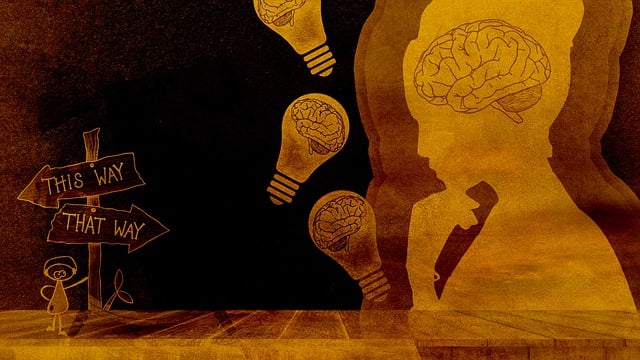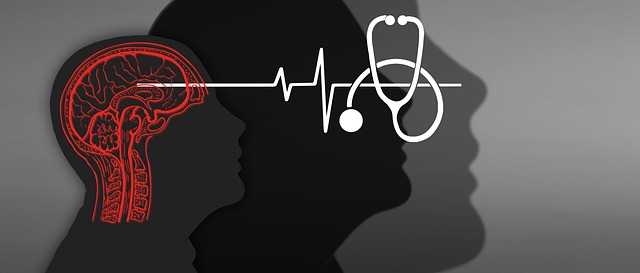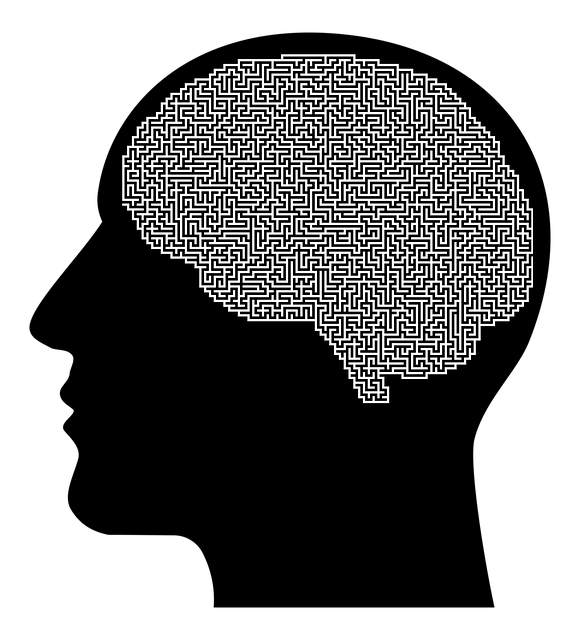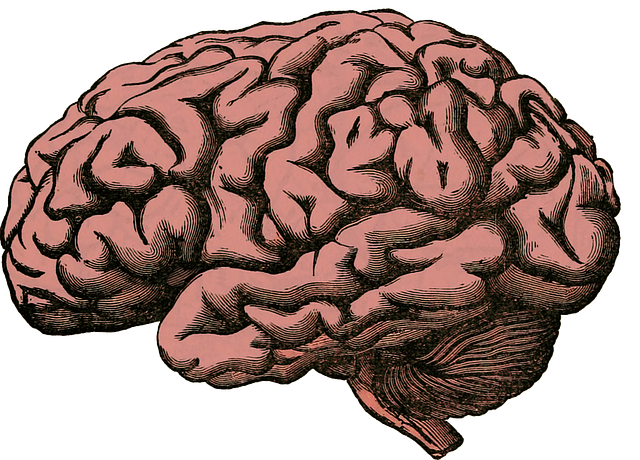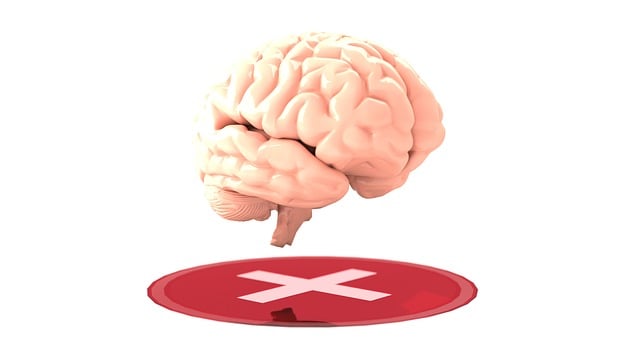Cultural sensitivity is crucial for equitable mental healthcare, particularly in diverse nations like [Country Name], where Castle Rock Somatic Experiencing Therapy (CREST) operates. By recognizing cultural beliefs and practices, therapists can offer tailored interventions that build resilience and align with clients' identities. This approach, coupled with training and resources from organizations like Stress Management Workshops, enhances engagement and outcomes. Incorporating culturally responsive practices, educating professionals on biases, and using strategies like Castle Rock Somatic Experiencing Therapy (CSET) builds trust and fosters equitable care, ensuring all clients feel welcomed regardless of their cultural background.
In an increasingly diverse world, cultural sensitivity in mental healthcare is no longer a luxury but an imperative. This article delves into the foundational principles of equitable mental healthcare, exploring the profound impact of unaddressed cultural biases that create invisible barriers to treatment. We present Castle Rock Somatic Experiencing Therapy as a innovative approach embracing diversity, alongside practical communication strategies for building trust across cultures. Furthermore, we discuss adapting treatment plans to cater to diverse populations, emphasizing the significance of culturally responsive care in modern mental health practices.
- Understanding Cultural Sensitivity: A Foundation for Equitable Mental Healthcare
- The Impact of Cultural Bias in Therapy: Unveiling Invisible Barriers
- Castle Rock Somatic Experiencing Therapy: A Approach That Embraces Diversity
- Building Trust and Connection: Culturally Responsive Communication Strategies
- Practical Considerations: Adapting Treatment Plans for Diverse Populations
Understanding Cultural Sensitivity: A Foundation for Equitable Mental Healthcare

Cultural sensitivity is a cornerstone in providing equitable mental healthcare, ensuring that individuals from diverse backgrounds receive services tailored to their unique needs and experiences. It involves recognizing and appreciating the impact of cultural beliefs, values, and practices on one’s mental health and well-being. In a country as diverse as [Country Name], where Castle Rock Somatic Experiencing Therapy (CREST) operates, it is imperative for mental healthcare practitioners to understand the interplay between culture and mental illness. This knowledge equips them with the skills to create safe and inclusive spaces that foster trust and encourage open communication.
By integrating cultural sensitivity into practice, CREST therapists can facilitate resilience building and stress reduction methods that resonate with clients’ cultural identities. For instance, incorporating elements of traditional healing practices or cultural narratives into therapy sessions can enhance engagement and outcome. Moreover, organizations like Stress Management Workshops can play a vital role in promoting cultural awareness by offering educational resources and training to mental healthcare providers. This holistic approach not only improves access to care but also strengthens the overall effectiveness of mental health interventions.
The Impact of Cultural Bias in Therapy: Unveiling Invisible Barriers

In the realm of mental healthcare, cultural sensitivity is a game-changer that can significantly impact patient outcomes. Unconscious cultural biases held by therapists can create invisible barriers, hindering effective therapy and potentially leading to disparities in care. These biases may stem from stereotypes or a lack of understanding about diverse cultural practices and beliefs. For instance, a therapist trained in Castle Rock Somatic Experiencing Therapy might encounter a client from a community with distinct healing traditions, such as traditional Chinese medicine or Native American ceremonial practices. If the therapist is unaware of these differences, they may inadvertently dismiss or misinterpret the client’s experiences, hindering trust and progress.
Cultural bias can influence not only the therapeutic process but also the types of treatments offered. For example, in a Mental Health Policy Analysis and Advocacy context, research has shown that certain cultural groups may respond differently to standard interventions like medication or individual therapy. This is where Social Skills Training and Confidence Boosting techniques become essential tools. By incorporating culturally responsive practices and ensuring therapists are trained to recognize and navigate these biases, the field of mental healthcare can move towards more equitable outcomes, fostering a sense of belonging and understanding for all clients, regardless of their cultural background.
Castle Rock Somatic Experiencing Therapy: A Approach That Embraces Diversity

Building Trust and Connection: Culturally Responsive Communication Strategies

Building trust and connection is a cornerstone of effective mental healthcare, especially when working with individuals from diverse cultural backgrounds. Culturally responsive communication strategies are essential tools for healthcare providers, enabling them to create safe spaces that foster open dialogue and understanding. By incorporating elements of Castle Rock Somatic Experiencing Therapy (CSET), therapists can facilitate a deeper sense of security and encourage clients to explore their unique experiences and perspectives.
Self-care practices and confidence-boosting techniques tailored to an individual’s cultural identity can significantly enhance the therapeutic process. Healthcare provider cultural competency training plays a pivotal role in equipping professionals with the knowledge and skills to navigate these nuanced interactions. Through such training, providers learn to recognize and appreciate the impact of cultural factors on mental health, thereby improving patient outcomes and fostering more meaningful connections.
Practical Considerations: Adapting Treatment Plans for Diverse Populations

Cultural sensitivity in mental healthcare requires a nuanced approach to treatment planning, especially when working with diverse populations. At Castle Rock Somatic Experiencing Therapy, practitioners recognize that each individual’s experiences and beliefs are shaped by their cultural background. This understanding is pivotal in tailoring therapeutic interventions to meet specific needs. For instance, incorporating elements of cultural traditions and values into therapy can significantly enhance a client’s sense of safety and engagement.
When adapting treatment plans, therapists should consider the unique challenges faced by different communities. This might involve designing mental health education programs that address cultural norms and taboos surrounding mental illness. Additionally, offering resilience-building techniques and social skills training tailored to diverse backgrounds can foster effective coping mechanisms. For example, a therapist might adapt mindfulness practices to accommodate spiritual beliefs or incorporate family-oriented approaches respectful of cultural dynamics. Such personalized strategies not only improve therapeutic outcomes but also build trust between the healthcare provider and the client.
In conclusion, cultural sensitivity is an indispensable aspect of mental healthcare practice. By recognizing and addressing cultural biases, therapists can create inclusive environments that foster trust and connection. The integration of innovative approaches like Castle Rock Somatic Experiencing Therapy demonstrates the power of embracing diversity in treatment methods. Through effective communication strategies and adaptive treatment plans, mental health professionals can better serve diverse populations, ensuring equitable access to quality care for all.

